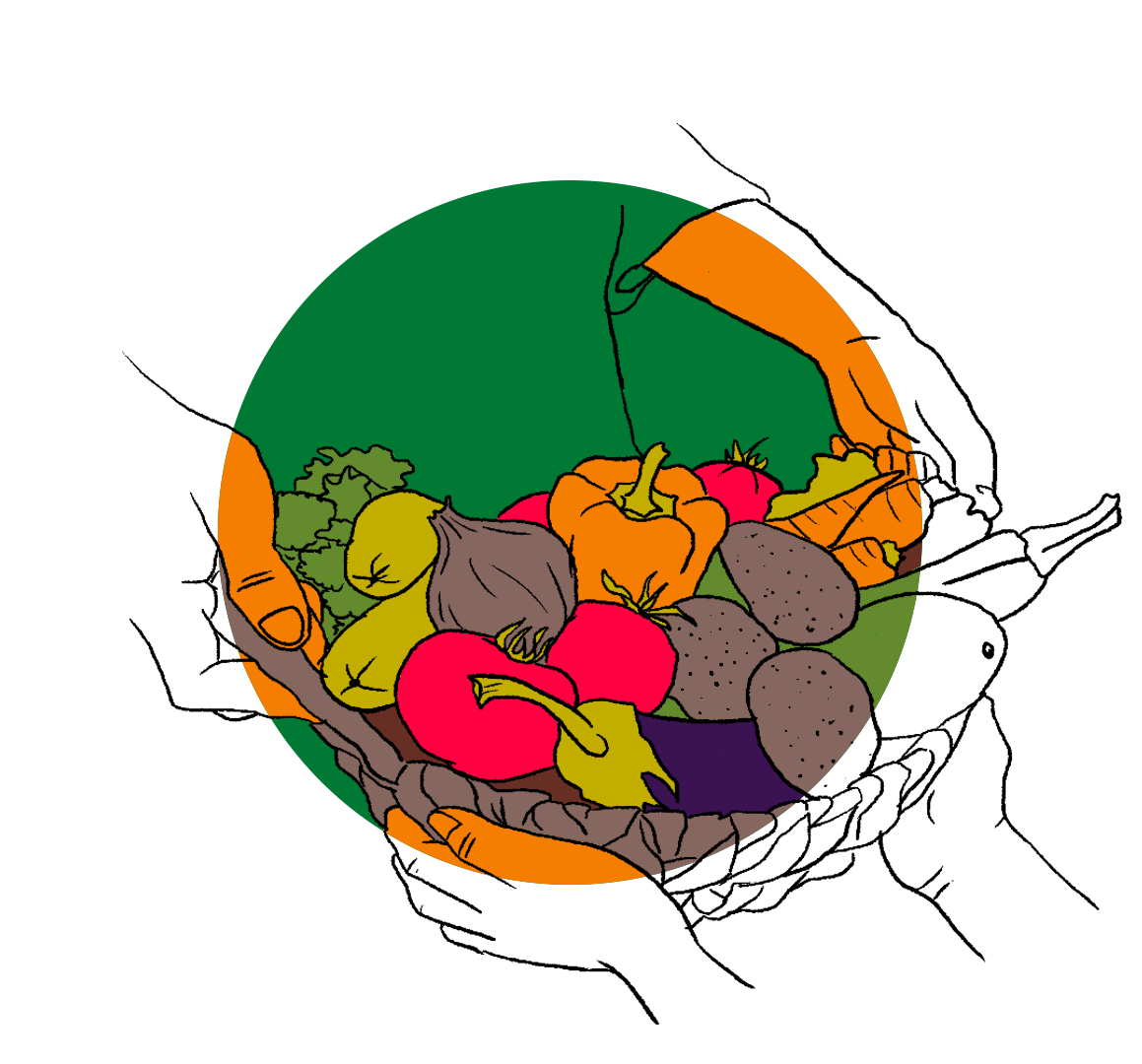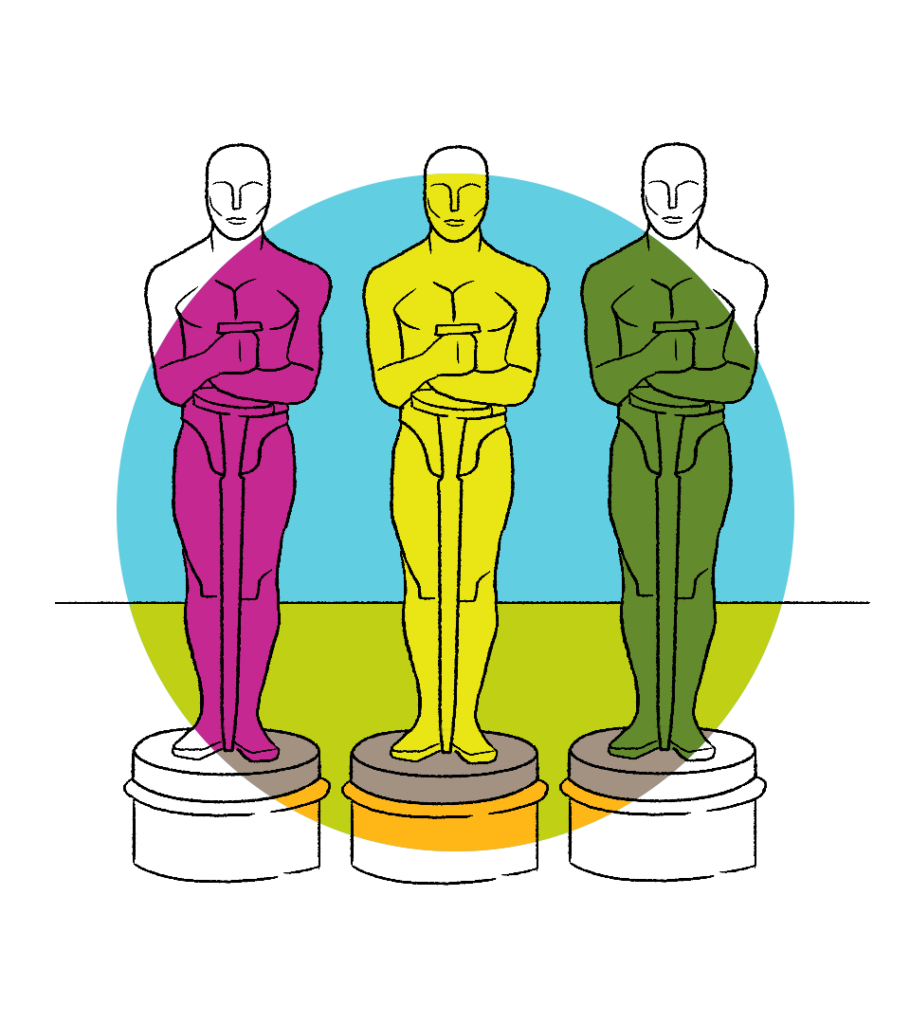Beirut’s first farmers’ market led organically to the growth of a suite of food businesses grounded in tradition and with human development as their guiding principle.
This is not going to be about how to plate a dish creatively on a square plate. Creativity is not just about art or design or anything fancy – creativity is about every single thing we do, because life itself is constant change, and changing is creating a new moment.
Creative industry is redundant… because industry is about creating in scale – a product or a service – constantly producing is constantly creating, and adapting to new needs and realities. And if you don’t adapt, create and recreate, you just vanish and die.
Food is the ultimate creation… because it creates life. Every time one eats, one sustains one’s own life and thus contributes to creating it.
Food is the ultimate creation… not as a multiple-starred chef’s sophisticated creation, but as the simple food of a place and a time… here and now.
Food is an expression of here, of a land, where it grew – what is available, planted, foraged, produced, what the seasons yield…
Food is an expression of now, and an accumulation of what people in this place have planted, foraged, cooked, preserved and eaten since they’ve been here. It is their food tradition, built on the past and adapted every day to new needs, new tastes and to what was available at the time.

Photo credit: Karim Sakr
Food is an expression of the people – who transform the products of the land according to their needs… hot food for cold days, fresh raw food in warm climates.
Food is an expression of tradition. Of all the expressions of tradition – architecture, dance, costume, poetry – food is the one that travels the furthest through time and place (immigrants lose their language but keep their food) and is an expression that does not exclude others, but rather includes them… come share a meal!
Food and creative industry… Food and impact investment… I had to google impact investment… ‘investments made with the intention to generate positive, measurable social and environmental impact alongside a financial return’ … not so amazing as I thought it was the only possible way.
Are there any other investments possible? Is it possible to do anything that does not generate a positive impact? Why would one do it? Just for a financial return? If so, selling one’s children provides a financial return… why won’t we do it? Isn’t it the same as investing in something that makes a financial return but with a high social or environmental cost – or when it’s not one’s own kids, is it more acceptable?
Agriculture is not about production. Fukuoka Masanobu, the Japanese farmer and philosopher celebrated for his natural agricultural approach and his re-vegetation of desertified lands, couldn’t use the word ‘food production’ as farmers do not ‘produce’ something from nothing, but merely assist the soil that does ‘produce’ all plants.
I started Souk El Tayeb in 2004, and I just wanted to change the world. Nothing more…
To do so, I knew the importance of a dream = a purpose, but knew too that dreams without realities do not go far – realities of finance, proper management, the right systems …
And I understood that any project – whether you are selling a can of cola, or saving the wounded like the International Red Cross – functions in the same way: having a purpose (selling a can or saving a wounded person), managing people, finance, production or services, communication… it is all the same.

Photo credit: Karim Sakr
It is not about being a foodie or celebrating the food itself, but rather using food as a tool for the development of humans
So my reality started in late May 2004… invited to a garden show event, to organise the ‘food’ section – where I gathered some 10 producers that I knew … and that gathering of real people, and real food, attracted masses like a magnet – so the obvious thing to do was to go on… and create a weekly gathering of farmers in the city – a farmers’ market.
Souk El Tayeb was born as a farmers’ market in early June 2004 – just by reacting, doing, finding a solution to a need or a problem. No five-year plans, just open eyes and ears to what is wrong and a will to bring in solutions.
Since its first days, Souk El Tayeb was never about selling vegetables and fruit, but about human development – supporting people, wonderful farmers and producers, bringing them to where there is demand and purchasing power: the city; putting the producer in direct contact with the consumer; showing that food is produced by someone and not just a product that money can buy on a supermarket shelf; giving recognition to the farmers and producers feeding us.
In 2007, we went the other way – from urban to rural, in one-day events, Food & Feasts, to celebrate regions, their produce and their people … and have a lunch at noon that is typical of that village or region. A typical lunch means cooked by traditional home cooks… women, mothers and grandmothers perpetuating tradition as in a traditional home-cooked cuisine.
In 2009, Tawlet was born – the farmer’s kitchen, where every day a different home cook comes from her village or region, to cook a buffet of the day that is typical to that region. Then followed different Tawlets all over Lebanon – each one specific to the region’s cooks, ingredients and recipes.

Photo credit: Karim Sakr
And the Beit project, in 2015: guest homes celebrating local architecture, food, arts and crafts… people and their traditions.
Reacting to every need and finding solutions to every problem meant launching Matbakh El Kell, a soup kitchen, just after the 4 August Beirut port explosion in 2020, and cooking around 2500 free meals a day since then to support the most needy.
So food has never been an end in itself. It is not about being a foodie or celebrating the food itself, but rather using food as a tool for the development of humans, as an expression of their roots, history and traditions, and as a way to bring people together… in creative ways that lead to income generation too – as financial sustainability is a necessary drive for the life of a project.
Back to dreams and realities… then again, realities without dreams do not go far either! When the bottom line is just about the financials, it may make millions … but then what? Millions do not change the world!








